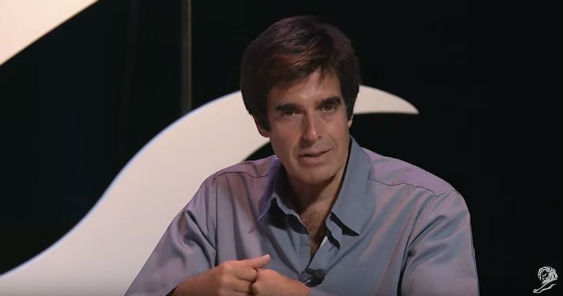GLOBAL – JULY 13, 2012: Despite the tremendous social and economic growth Asia has enjoyed in recent years, it still remains one of the region’s most vulnerable to natural disasters that affect over 90% of people in the Asia-Pacific. The Philippines, located in the western Pacific typhoon belt, is struck by an average of 20 tropical cyclones each year – with Typhoon Ondoy in 2009 and Typhoon Sendong in 2011 still fresh in the minds of many people as they ravaged parts of the country and left millions homeless.
Loren Shuster, Google’s country director for Singapore, says that amid the recent crisis, the Internet’s rapid innovation has enabled heroic, smart, and quick-thinking people to do astonishing things and save lives. Using the web outside of official channels such as iPhones, SMS; desktop computers and navigation systems in disparate places, the Internet has become a great first-response tool, which should be built into anyone’s plans to get corporations, aid workers, volunteers and people in a disaster zone to respond as one to a crisis.
Google’s Big Tent conference in Sendai, Japan, the heart of the zone struck by the tsunami, showed how the Internet can make a big difference in a crisis. Some examples highlighted in the conference include:
- In 2005, the rescue efforts after Hurricane Katrina used Google Earth in order for helicopter pilots to find the location coordinates to rescue people trapped on their roofs in flooded areas.
- Ushahidi, put together by a group of programmers in Kenya in 2008, allowed people to send updates from their mobile phones to track the violent fallout of the election. That has now become a platform used to track bushfires in Australia and elections in Afghanistan.
- After the Haiti earthquake in 2010, NGOs used online maps to plan out activities, including the location of medical facilities.
- In the wake of the Christchurch earthquakes of 2010 and 2011, teen organizers in New Zealand used Facebook to build a volunteer army.
- After the Japanese earthquake in 2011, over 5,000 volunteers helped upload images of lists of refugees from shelters, transcribe the lists into text, and add the names into official registries.
In a crisis, information is often the first shortage. People need to know what is happening and where their loved ones are but the answers are not immediately forthcoming — phone lines go down, antennas don’t work and people in the crisis zone don’t know where to get supplies. Furthermore, natural disasters tend to make old information useless as a disaster redraws a landscape to the point that it’s unrecognizable with conventional maps.
Here’s where the Internet comes in, Shuster said. First, it can help solve this shortage of information. Consumer devices like smartphones that are plugged into the open Internet have turned out to be as good, if not better than the official government-purchased equipment.
Second, officials can use websites that anyone can access and contribute to. The Internet has reached a point where a police-only database is less useful to the police than a resource everyone builds. Government departments need to find ways to make their information more easy to share during a crisis.
Third, many of these innovations occur in a crisis and put together with the digital equivalent of duct tape. One big lesson from the Big Tent conference was how much more could be done if we set up processes, collaborate, and share data before the crisis. Japanese private and public entities are already establishing frameworks where the police, tech platforms, aid workers, and private companies can come together in the next disaster to identify the missing, find ways to reach victims, and get the word out fast about what is happening.
The Internet alone isn’t going to solve natural crises but it will help existing efforts to work faster and more effectively – by turning everyone into an aid worker.
The power of nature can’t be reversed but, Mr Shuster said, the Internet can help existing efforts to work faster and more effectively – by turning everyone into an aid worker.





